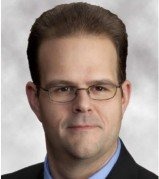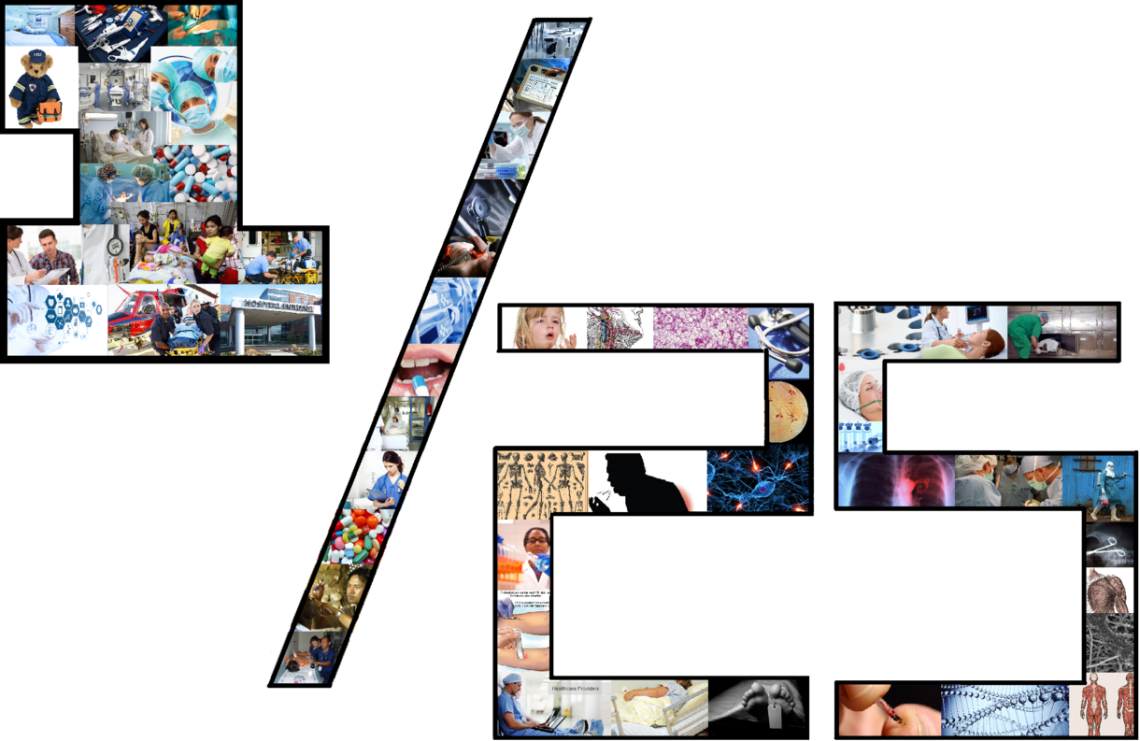Why Technology in Healthcare Matters

Why Technology in Healthcare Matters
Dr. Jason Shuffitt, a nurse practitioner and member of RCGC. He has provided quality health care to hundreds of patients using innovative approaches due to the lack of modern day resources available. During his medical missions in Jamaica, Dr. Shuffitt encountered many different health concerns and conditions. He describes the experience as “wonderful” because of the amazing people he was able to connect with on a cultural and spiritual level.
Today, he is the Associate Dean for Learning and Healthcare Technology Innovations and a Clinical Associate Professor at the University of Arizona College of Nursing, where he teaches and conducts informatics research among many other responsibilities.
The Injury and Beyond
When Dr. Shuffitt was young, he experienced a significant injury. “I ran through a door that was not tempered glass and received multiple cuts that required 250+ stitches. The nurses who cared for me had a huge impact on my experience. It has influenced how I care for patients having been a young patient myself. As I grew older, I also had an experience with my brother, who had a terminal illness, which really pushed me into nursing. Originally I was in emergency medical services, but the true push was when I spent many nights in the hospital with him experiencing his illness and saw what the nurses contributed and how the nurses were really the leaders of the healthcare team—they are the ones at the bedside traditionally, not only making healthcare decisions, but ensuring that you have good care so you improve and get better.”
Through Dr. Shuffitt’s experiences, he made the decision to enter the healthcare field where he now makes significant contributions through his research, practice, and instruction.
Although his early research was focused heavily on improving direct patient care, his current research is more informatics focused. However, his investigation of ways to improve technology use in healthcare still ultimately contributes to improving patient care.
For example, in the past, healthcare providers were “filtering through 16-17 different sources to combine data into a usable data set that you can analyze and make a decision about a patient, which is an administrative burden, [and] decreases the quality of care.”
Dr. Shuffit realized that patient care and efficiency could improve through the use of technology. For instance, administrative burden would lighten if patient information was all in one data set instead of multiple sheets of paper. In addition, if patients’ information was available to doctors quickly, it would reduce clinical decision errors.

1 out of 25 hospitalized patients are injured due to decision errors, and contribute to more than 48,000 deaths each year
In a recent paper, Dr. Shuffit describes that “clinical decision errors injure 1 out of 25 hospitalized patients, and contribute to more than 48,000 deaths each year” (Shuffitt J. & Effkin, J.). If more clinical data was available about patients these occurrences would decrease. Health informatics technology would then need to play a vital role, but in order to have health informatics one must be “well-versed in healthcare informatics” (Shuffitt J. & Effkin, J.).
Dr. Shuffit also assists by teaching others about healthcare informatics. “When I moved to full-time teaching a light bulb went off.” He thought about what he could do to improve learning in the clinical realm, and how he could assist students in learning how to adapt and apply that technology. Now health sciences students are graduating with a better sense of the technology used in healthcare.
In Dr. Shuffitt’s Health Informatics course he talks about the theory of large data sets, analysis, and how to apply some of these principles. This course provides foundational skills for people in different career paths, which gives the opportunity for those from different fields to learn about informatics—a combination of computer, information and healthcare science.
RCGC
As a member of the University of Arizona community, Dr. Shuffit has found that the RCGC committee has been a very valuable resource for the UA faculty, because it opens doors for researchers and allows collaboration of research and ideas among the research community on campus. It is not an “every man to himself” idea, but a group collaborative
